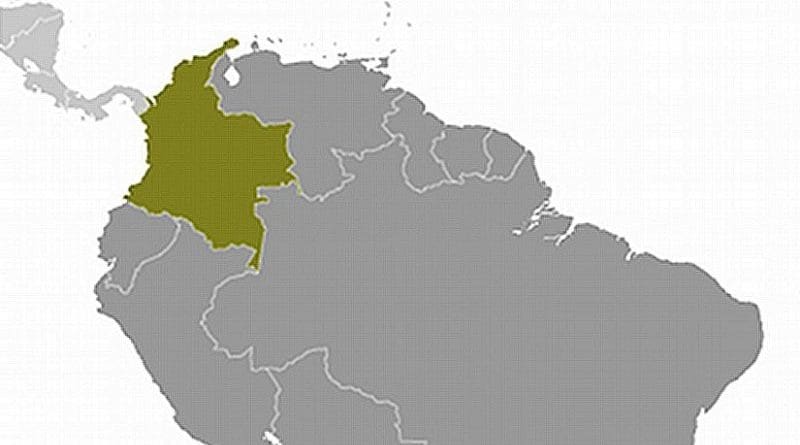Colombia: US Lawmakers Approve FTA
After five years of intense debate, US lawmakers approved a free trade agreement with Colombia on Oct. 12, but Colombian farm and manufacturing sectors are bracing themselves for an economic fallout once tariffs are lifted on their products.
Even Agriculture Minister Juan Camilo Restrepo said: “We’re not prepared; we have a long way to go.”
He said that the rice, corn, dairy and poultry sectors will be unfairly competing with the products from their heavily subsidized US counterparts.
The Rice Growers’ Association said that the 500,000 Colombian families that live off the industry will be affected, as would 400,000 others who live off the dairy industry, according to the Dairy Processors Association.
The pact was signed in February 2006 by former US President George W. Bush, who governed from 2001 to 2008, and then-Colombian President Álvaro Uribe, who completed eight years in office in 2010.
Joint negotiations for a free trade agreement with Andean nations began in May 2004 with Colombia, Ecuador and Peru. Bolivia and Venezuela, which were also part of the Andean Community, did not participate because of their opposition to free trade agreements.
The United States dropped talks with Ecuador two years later over a dispute over oil revenues during the 2005-2006 government of President Alfredo Palacios that the United States said would affect its companies operating there. Colombia and Peru continued talks with the United States on a bilateral basis and Venezuela left the Andean Community in protest.
In December 2007, the US Congress approved the agreement with Peru, which went into effect on Feb. 1, 2009. But US lawmakers did not approve the agreement with Colombia for several more years because of concerns over labor conditions in Colombia and then-President Uribe’s human rights record.
“It’s a historic day for the introduction of Colombia in the world and it’s a historic day for the Colombian business people and workers,” said President Juan Manuel Santos. The National Industrial Association called the pact “a wonderful instrument for economic, social and institutional development.”
Santos said the free trade agreement would generate 250,000 jobs and increase gross domestic product by 1 percent.
Tarsicio Mora, president of the Workers Central Union, said the pact’s supposed benefits had been “inflated.”

